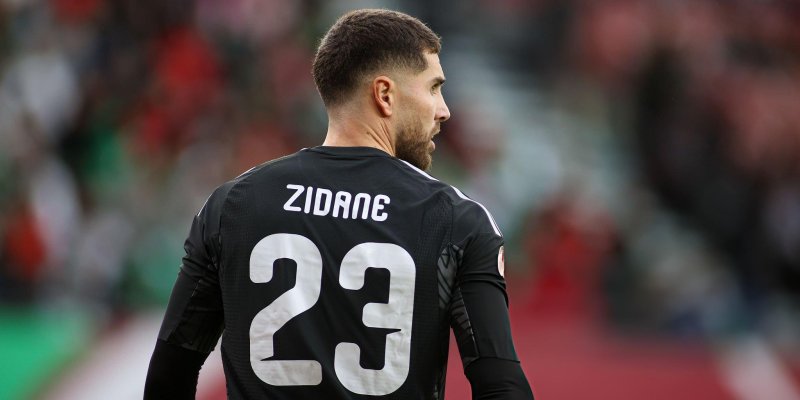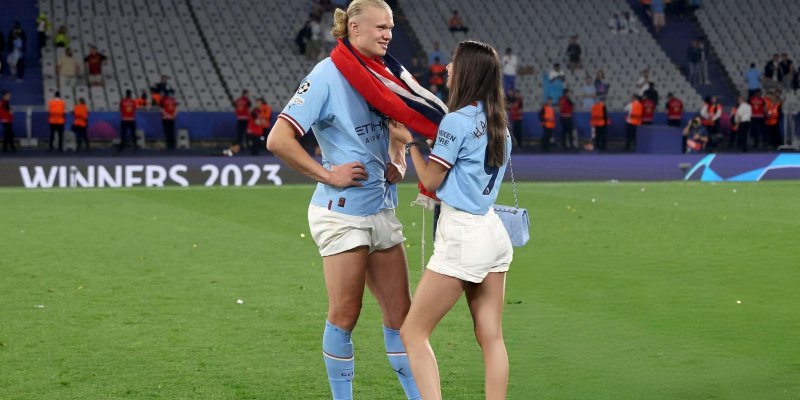
After Manchester United’s painful defeat to Brentford (1–3) and an alarming start to the season, Joe Cole didn’t mince words. In a calm yet hard-edged conversation, the former Chelsea midfielder explained why the coaching bet on Rúben Amorim has not yet met expectations, what alternative path he envisioned, and what this match really revealed — not only on the scoreboard but in the team’s structure of play.
Amorim: Expectations vs Reality
Cole admits that Amorim’s image in the English press bordered on messianic. “He looked like a bright mind,” Joe says. “Many saw him as the man who would instantly haul the club out of a hole.” But quick miracles didn’t happen. According to Cole, an appealing idea is not the same as a finished system: “The project has to align with the squad profile, and at Old Trafford there’s still no clear plan or consistency in sight.”
Why Southgate Made More Sense to Cole
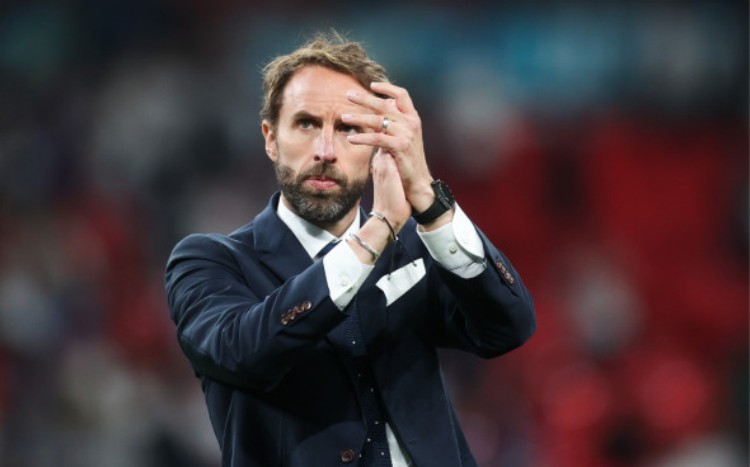
Without dodging contentious points, Cole stresses that he viewed Gareth Southgate as the better fit for a restart phase. “I thought he was ideal for building a new team and working closely with players,” Joe notes. “Here, communication, trust, and defined roles are crucial. Amorim is an intriguing coach, but the chosen course, it seems, hasn’t worked as expected.”
Brentford Won More Than Just the Scoreline
The conversation inevitably circles back to Saturday’s match. Cole lists details that rarely make the highlights yet decide outcomes: “Brentford were stronger in duels, faster in transition phases, and smarter with their pressing. They controlled the tempo, shut down the central channels compactly, forced regains in the middle third, and escaped pressure immediately.” For United, he says, the structure fell apart: “Gaps between the lines, mistimed shifts, late cover. The team looked vulnerable both mentally and tactically.”
A Dull Picture Is a Symptom of the Club’s Philosophy
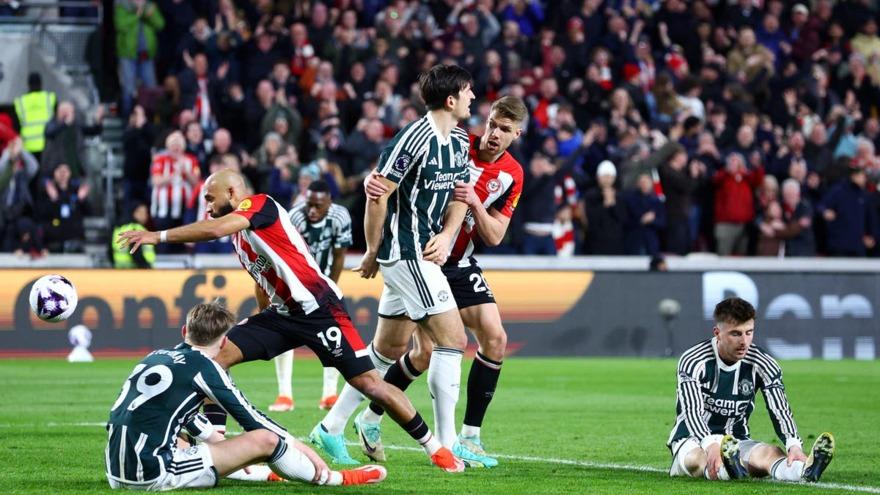
Cole doesn’t reduce the critique to emotion: it’s about direction of travel. “The problem isn’t only the result,” he emphasizes. “The football looks dull, as does the club’s overall philosophy: there’s no recognizable identity, no principles the team is willing to ‘die for’ every week. Without that, no coach carries a season at Premier League level.” For Cole, “principle” isn’t a slogan but a set of repeatable actions: pressing triggers, a plan for building out from the back, and attacking patterns against different defensive blocks.
What Must Change Immediately
In the short term, Cole believes discipline in the details is essential: “Tighten the distances between the lines, clarify positional roles for the No. 8s and wingers, and organize the first phase of the build-up so the team doesn’t get stuck under pressure.” In the long term, it’s about agreeing on meaning: “Who are we? A side that dominates the ball, or a collective that thrives on vertical transitions? The answer shouldn’t live in a press release but on the pitch — from match to match.”
Cole’s Verdict
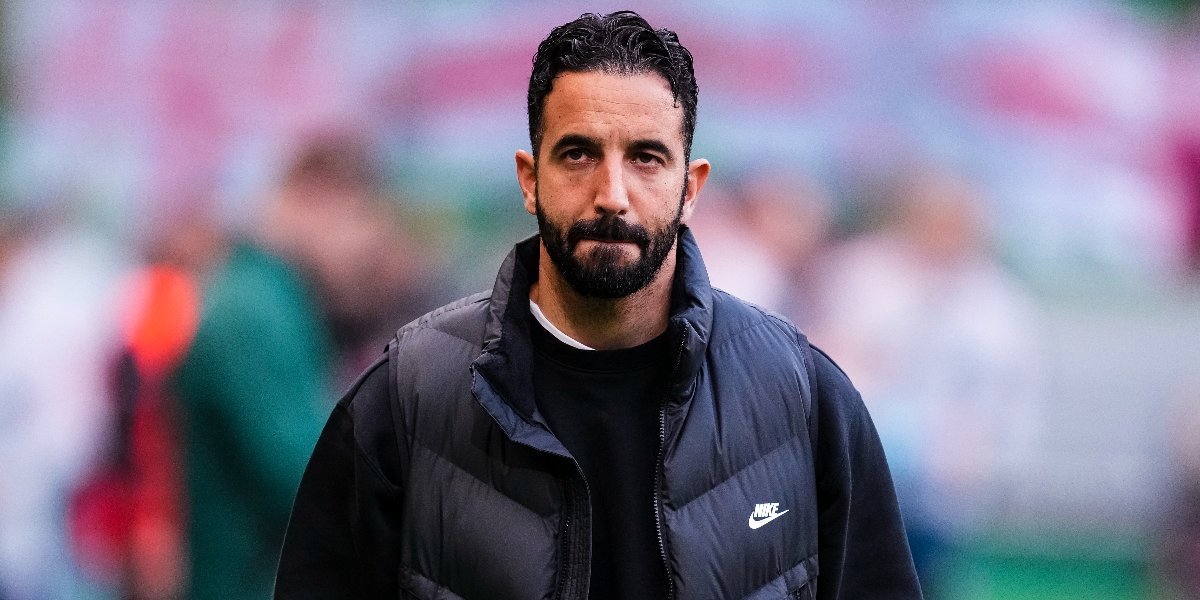
Summing up, Joe doesn’t hide his skepticism: “The bet on Amorim looked tempting, but it isn’t delivering yet. Brentford outplayed United in everything, and that’s an honest snapshot of where things stand.” Still, he leaves room for a turn: the season is long, the work is daily. “If Manchester United find their principles and apply them without compromise, the talk about philosophy will stop being abstract. Then we’ll be discussing a system, not a ‘messiah.’”

